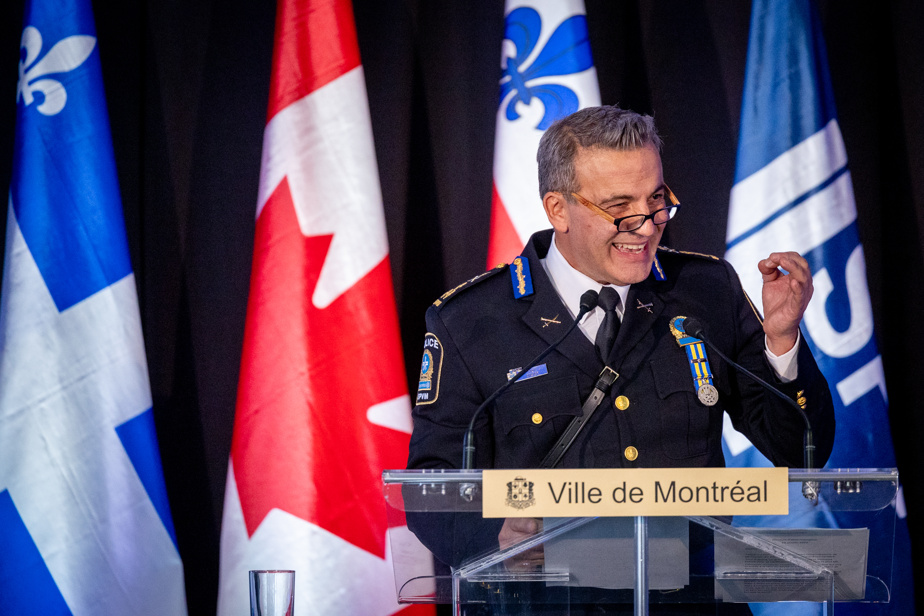An “atypical cast”, officers with more extensive backgrounds, more proactive than reactive policing: the Montreal police hope to see this vision come to fruition through the expansion of the AEC Police Diversity program, now accessible to anyone who has training in a field related to the social sciences, explains Fady Dagher, director of the police force, in an interview with La Presse.
“What we are looking for now are atypical profiles,” says the police chief, who has been in office since last December.
The AEC program provides faster access to a police position with the Service de police de la Ville de Montréal (SPVM), while receiving training in gendarmerie and police techniques. This bridge was previously reserved for indigenous people and people from diverse backgrounds. It is now available to candidates with training in a social science field: criminology, social work, etc.
Concretely, what is an AEC profile? A 30-year-old, for example, who would have previously worked for 10 years in a halfway house with vulnerable people. “That policeman is already on patrol with a piece of luggage. He witnessed human distress. You can’t learn that in a school,” explains Fady Dagher.
A candidate with an atypical cast will also be more likely to understand the codes of the street or the more urban slang if he has already worked with marginalized young people.
“I will always need technical expertise. But the crying need is dialogue, mediation. »
The daily life of agents has changed. Incoming calls require skills that are more human than technical. There is no data available detailing the number of 911 calls directly related to mental health issues or domestic violence.
“But I continue to receive applications from people trained in armed intervention,” he explains. Tactical, technical and strategic skills remain essential. Police forces will always need it. But by hiring diverse profiles, we can work upstream before the crisis situation arises.
“As long as we are mostly reactionary, in 10 years we won’t have solved anything. You have to be able to anticipate the issues with key police officers. It’s a more permanent solution. »
The police are constantly putting out fires. The volume of calls related to human distress is increasing in the field. “We’re going to need solutions upstream” to deal with this bottleneck.
As for the thorny question of staffing, there would be a lack of 400 to 700 positions to fill the ranks, specifies the police chief.
Should the police take the place of street workers and mental health experts? Not at all, nuance Fady Dagher.
The community sector also needs more staff. But even his interventions in the field are dangerous and require the collaboration of the police. “A man in crisis at 2 a.m. who hasn’t taken his medication, we are asked to intervene to secure the scene. The workers call the police to secure the scene before doing their job. »
The risk of calls and interventions related to mental health issues should not be underestimated. “Even the smallest calls can turn around quickly,” says Dagher.
Open to all applicants with a bachelor’s degree in one of the following fields:
or
Hold a college diploma (DEC) in:
Those selected will be offered a promise of employment by the SPVM and will have to pursue the following two training courses:
Hiring at the SPVM planned from November 2024.
Deadline to apply: May 8, 2023

